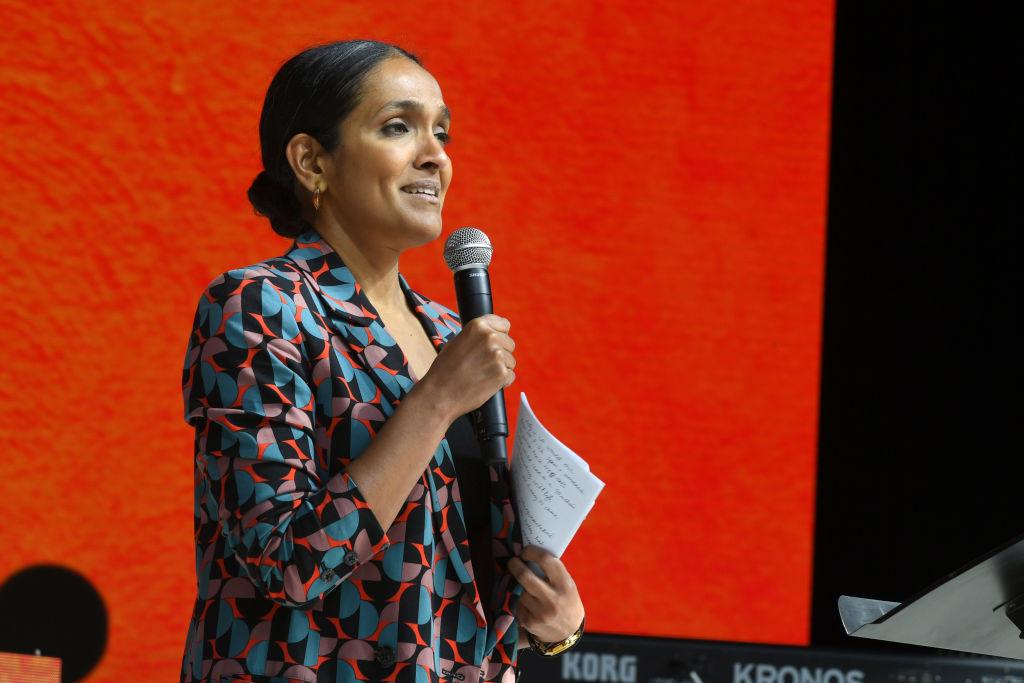A state bill that would require social media platforms to share how they monitor their users’ activities and contents to combat “hate, disinformation, conspiracy theories, and extreme political polarization” made its way through a senate committee last week.
Assembly Bill 587, dubbed the Social Media Transparency and Accountability Act of 2021, would require social media companies earning over $100 million a year to publicly disclose their “terms of service”—defined as a set of policies that specifies “the user behavior and activities that are permitted” on their platforms, according to the bill text.





